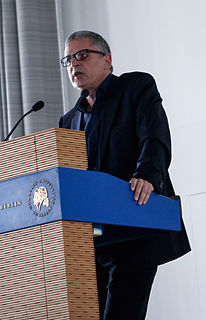A Quote by Oleta Adams
Praying is simple. Use the words that you know. You don't have to be eloquent, just sincere and reverent.
Related Quotes
I was just praying quietly in tongues and I found that a really helpful way to pray. There are other times when I use the gift when I really feel I don't know what to pray or how to pray. I know what I feel but I just can't quite put it in to words, and I use that, I find it a helpful gift. I don't think you need to speak in tongues, I don't think all Christians do speak in tongues, nobody has to speak in tongues, nobody's forced to, but if somebody wants to I think it's a good gift.
The words 'maybe' and 'perhaps' are literally the same - the flavor is the same, the educational level is the same. But you just know when to use maybe and when to use perhaps. I think it's because of this: You get to know the tastes or musical tastes of words themselves, and this informs your choice, whether you use them or not.
None but praying leaders can have praying followers. A praying pulpit will beget praying pews. We do greatly need pastors and evangelists who will set the saints to this business of praying. We are not a generation of praying saints. Who will restore this breach? The greatest will he be of reformers who can set the Church to praying.
Prayer is a means of sharing the burden, which relieves pressure, as you tell your worries and concerns to someone who will listen and won't judge, no matter what you say. Praying is like handing the problem over to someone else as you talk it out. Then you can tune in for guidance and a different perspective that will exude heartfelt energy. When you pray, you are exposing your real self and extending sincere, loving energy to yourself. It doesn't matter if your words are fancy or plain, and there is no way to do it right or wrong. Prayer is about opening your heart and being sincere.

































